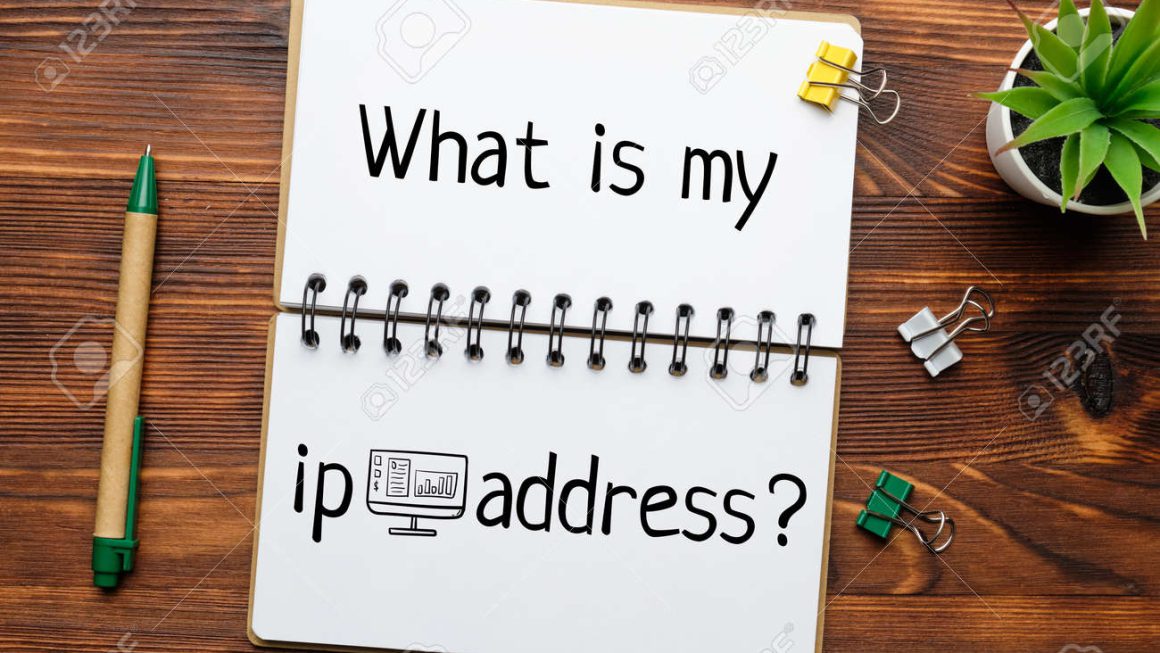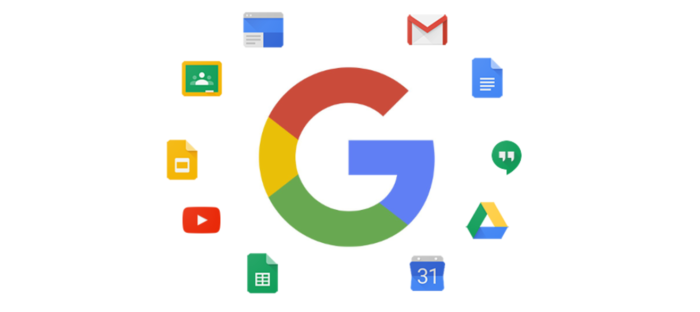The internet has come a long way in the past few decades. From dial up services to broadband, the evolution of internet services has allowed us to experience the internet in new and exciting ways. In this article, we will look back at the evolution of internet services and how it has changed the way we access the internet. We will explore the history of dial up and broadband services and how they have shaped the internet as we know it today.
The Early Days of Dial Up Internet Services
In the early days of the internet, dial up services were the only way to access the world wide web. This type of connection used a modem and a telephone line to establish a connection, which could then be used to access the internet. It was a slow and unreliable method of accessing the internet, but for many people it was the only way to get online.
Dial up connections were limited to a maximum speed of 56kbps, which was incredibly slow by today’s standards. As a result, web pages and other content would take a long time to load, and downloads were almost impossible. Despite these drawbacks, dial up services were incredibly popular in the early days of the internet.
Today, dial up services have been largely replaced by broadband connections, which are much faster and more reliable. However, dial up services still remain popular in some parts of the world, where broadband connections are not available or are too expensive. For many, dial up services are the only way to access the internet.
How Broadband Changed the Landscape of Internet Services
The internet has revolutionized the way we communicate, shop, and stay informed. Before broadband, dial-up was the only option for accessing the internet. Dial-up was slow, unreliable, and had limited capabilities. It was difficult to watch videos or play online games, and downloads took hours to complete. With the introduction of broadband, the internet landscape changed drastically.
Broadband is much faster than dial-up and has enabled people to access and use the internet in ways that were never possible before. People can now instantly access the internet to do everything from streaming videos and music, to playing online games, to browsing the web. Broadband has also enabled people to download large files quickly, making it easier to share and collaborate on projects.
Overall, broadband has drastically changed the way we use the internet. We no longer have to wait hours for a file to download or be limited to what we can do online. We can now access the internet from almost anywhere in the world and do almost anything online. Broadband has made the internet more accessible and user-friendly, allowing us to take full advantage of the digital world.
The Benefits of Broadband Over Dial Up
In the ever-evolving world of internet services, many people are still deciding between broadband and dial up. There is no doubt that broadband is the superior choice when it comes to speed and reliability. Here are just a few of the benefits of broadband over dial up.
First of all, broadband is much faster than dial up. It can provide speeds of up to 100 Mbps, while dial up is limited to 56 Kbps. This means that broadband can download files, stream videos, and browse websites much faster.
Second, broadband is much more reliable than dial up. If you are using dial up, you are likely to experience more frequent disruptions in your connection. This can be incredibly frustrating when you are trying to do something important online.
Finally, broadband is much more cost-effective than dial up. Many broadband providers offer unlimited data plans, which can be much cheaper than having to pay for a dial up connection.
In conclusion, it is clear that broadband is the superior choice when it comes to internet services. It is faster, more reliable, and more cost-effective than dial up. If you are looking for a reliable and affordable internet connection, broadband is the way to go.
What the Future Holds for Internet Services

The future of internet services is bright. With the increasing demand for faster and more reliable internet connections, many new advances in technology have been made in order to meet those demands.
One of the most significant changes has been the transition from dial-up connections to broadband services. Dial-up connections were notoriously slow and unreliable, with speeds topping out at 56Kbps. Broadband connections, on the other hand, offer much faster speeds of up to 1Gbps or even higher. This has revolutionized the way people access the internet, allowing them to do much more in a shorter amount of time.
Another development in internet services is the increased availability of wireless internet. This has enabled people to access the internet from virtually anywhere, allowing them to stay connected while on the go. Wireless networks are also becoming more secure, with encryption technology being used to protect user data.
Finally, the internet of things (IoT) is becoming a reality. This will enable devices to communicate with one another, creating a network of interconnected devices. This will open up a world of possibilities, from smart homes to autonomous vehicles.
The future of internet services looks very promising, with many more exciting developments to come. We can expect to see faster speeds, increased security, and more connected devices in the near future.
The evolution of internet services from dial up to broadband has resulted in a vast improvement in the quality and speed of internet access. This evolution has allowed for more people to access the internet and allowed for more applications to be developed and used. It has also made it more convenient for people to access the internet from any location and use it for a variety of activities. However, with more people accessing the internet, there have been some challenges in terms of security, privacy and reliability. In spite of these challenges, the internet is here to stay and is continuing to revolutionize our world.












